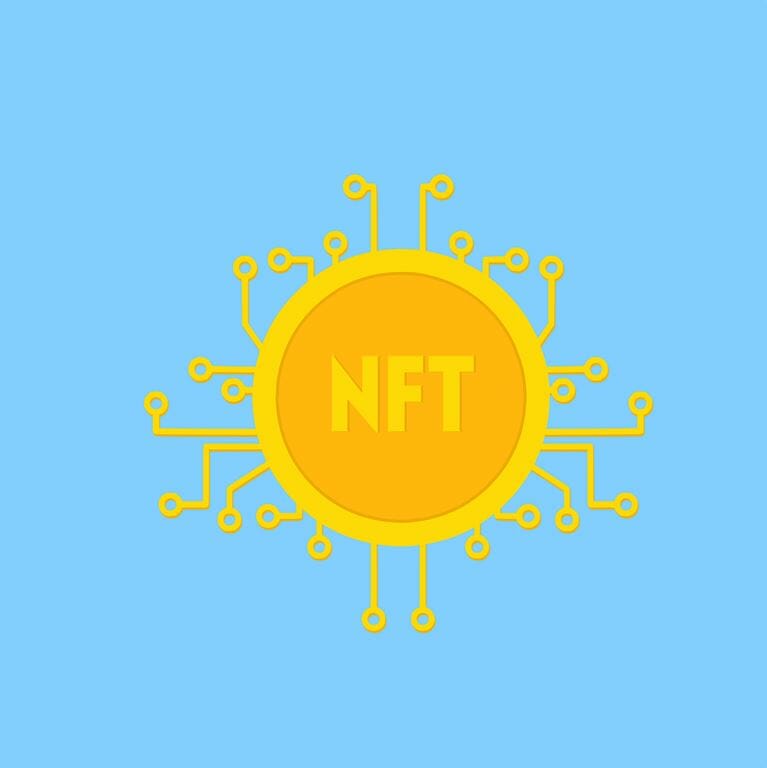
Gaming Trends You Should Expect To See More Of In 2022

It’s only May, but the gaming industry has already reached several milestones, including the seamless integration of Metaverse gaming and Elden Ring becoming the fastest-selling Bandai Namco game ever. Still, there is a lot of time for gaming operators to see even more success in 2022, and many suspect the following trends will play a role in any further growth witnessed later this year.
Gaming On Streaming Services
In November 2021, Netflix rolled out mobile games for its members worldwide. Even though Netflix’s current game selection is limited (there are five), the introduction of Netflix games has been well-received by subscribers. In part, this is because these games come with no fees, ads, or in-app purchases, but also because they are convenient since people can play them on their smartphones, tablets, and smart TVs. All an individual needs to do is download the Netflix app (and then log into their account) on their preferred device to start playing.
The convenience and flexibility of playing games on streaming services like Netflix are among the main reasons this trend is likely to continue. However, it’s also because streaming platforms can create games based on their most popular franchises. Netflix has already done this, but imagine the success if other platforms did the same, such as Apple TV+ launching a Ted Lasso mobile game.
More Play-To-Earn Games
People earn money all the time by gaming on platforms like Twitch. However, the introduction of NFT-backed play-to-earn games has taken this ability to play games while simultaneously earning currency with real-world value to a whole new level. If you’re unfamiliar with play-to-earn games, they are online video games that reward players with non-fungible tokens (NFTs) or digital cash. At the moment, one of the most popular play-to-earn online video games is Axie Infinity, which allows players to collect and trade Ethereum-minted NFTs with other users.
Movie Adaptations
For years, many people believed that movie adaptations of video games were lackluster business ventures. Adaptations of games like Super Mario Bros. and Doom were met with immense criticism when they hit the big screen in the late 1990s and early 2000s. However, this mentality has shifted significantly with the recent commercial successes of movies like Mortal Kombat and television adaptations of The Witcher and Arcane.
Interestingly, before this recent Hollywood shift, casino game adaptations of video games were one of the only niches that knew how to make video games work in other entertainment formats. For example, gamblers have long been able to find slot games based on popular video game franchises like Tomb Raider and Resident Evil. That said, it’s not surprising casino game providers have successfully adapted video games into slot games since the industry has also capitalized on movies and television.
For instance, the top casino apps offer customers the ability to play without being tied to physical casinos and offer branded games based on Hollywood blockbusters. Some of these titles include Anchorman, King Kong, and Top Gun. With the recent influx of video game movies, it seems film directors have taken a page from the casino industry’s book, and we wouldn’t be surprised to see hit video games like Elden Ring or Deathloop get their own movies.
All forms of entertainment are subject to changing trends, and the gaming industry understands this more than most. However, for the rest of the year and beyond, we suspect the trends mentioned above will continue to dominate the market and overall consumer interest.



























